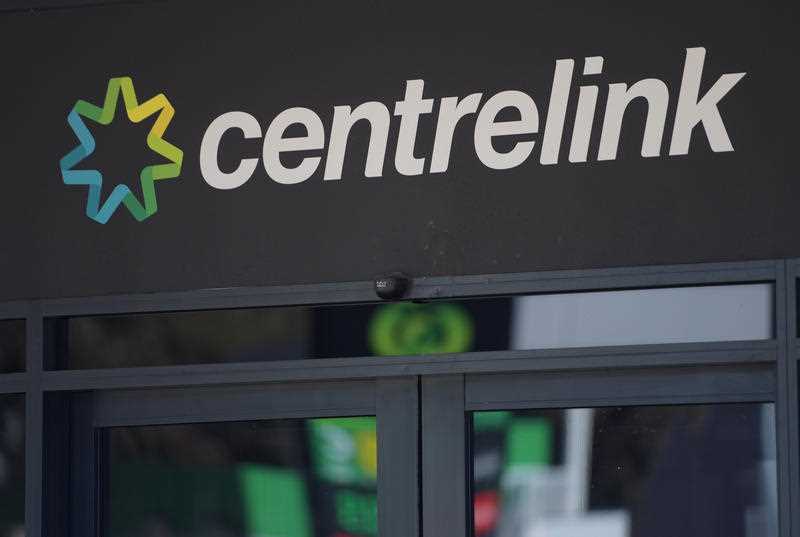Two people wrongfully targeted by the botched robodebt scheme have described difficulties in trying to get more information from Centrelink about the money they supposedly owed.
The royal commission into the Centrelink scheme, announced by the Albanese government in August, began its first block of public hearings on Monday.
Hundreds of thousands of Australians were caught up in the robodebt debacle, which recovered more than $750 million from nearly 400,000 people.
The scheme began in 2015 under the Liberal-National coalition and falsely accused welfare recipients of owing the government money.
Debt notices were issued by a process called income averaging, which compared people’s reported income with tax office figures.
Melbourne nurse Madeleine Masterton, who launched a landmark court case against the federal government which resulted in her debt being wiped, told the commission she was shocked upon receiving notice she owed more than $4000.
The Centrelink letter had few details about how the debt had been calculated other than that it related to a time she received Youth Allowance while studying.
“I didn’t know where this $4000 had come from … I believed I had reported the correct income as I received it in the dates set out,” she told the commission on Monday.
Ms Masterton sought help from a Victorian legal aid service to challenge the legality of the debt in the Federal Court.
She wanted to make a social impact after learning others had been affected by the scheme and decided to proceed via the courts rather than trying to navigate Centrelink’s challenging complaints process.
“(That) would potentially clear my debt but it wouldn’t have a bigger impact in terms of everyone else,” she said.
“We had the opportunity to prove on a larger scale that it was unlawful. I wanted to do that.”
Ms Masterton told the commission she still did not know how or why her debt was originally raised.
“It seemed like a really opaque system that was not willing to provide information to people who had been given these debts,” she said.
“I’m looking forward to an outcome that will make sure this (scheme), or something like it, doesn’t occur again.”
Meanwhile, “Amy”, a pseudonym for another victim of the scheme, also described her shock when sent a debt notice two years after she had stopped receiving Youth Allowance payments.
She said it was difficult to find out information from Centrelink about her debt and requests for her postal address to be updated went ignored.
Even after providing 71 pages of bank statements outlining her income at the time of the payments, she continued to receive letters at her old address asking her to settle her debt.
The commission will seek to find out whether the Commonwealth was “recklessly indifferent” to the legality of the robodebt scheme.
Senior counsel Justin Greggery earlier outlined questions the commission will seek to answer.
This will include examining the development of the scheme, its legality and how departmental checks and balances went so wrong.
Mr Greggery said authoritative legal advice was not sought from the solicitor-general before the scheme was implemented.
Instead, the departments responsible for overseeing the scheme sought internal legal advice where “significant questions” about its legality were raised.
In December 2014, the social services department received advice that “the proposal to smooth a debt amount over an annual or other defined period may not be consistent with the legislative framework”.
By Maeve Bannister in Canberra
Get the latest news, sport, entertainment, lifestyle, competitions and more delivered straight to your inbox with the Canberra Daily Daily Newsletter. Sign up here.



